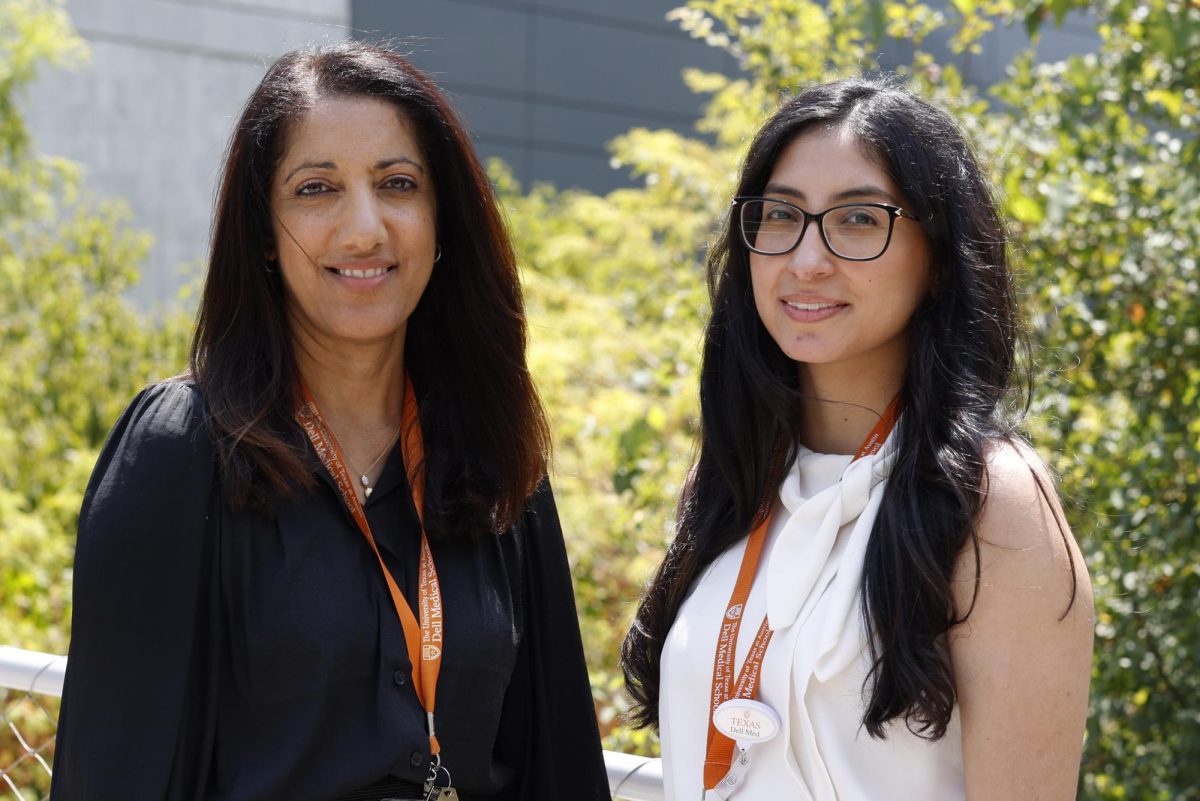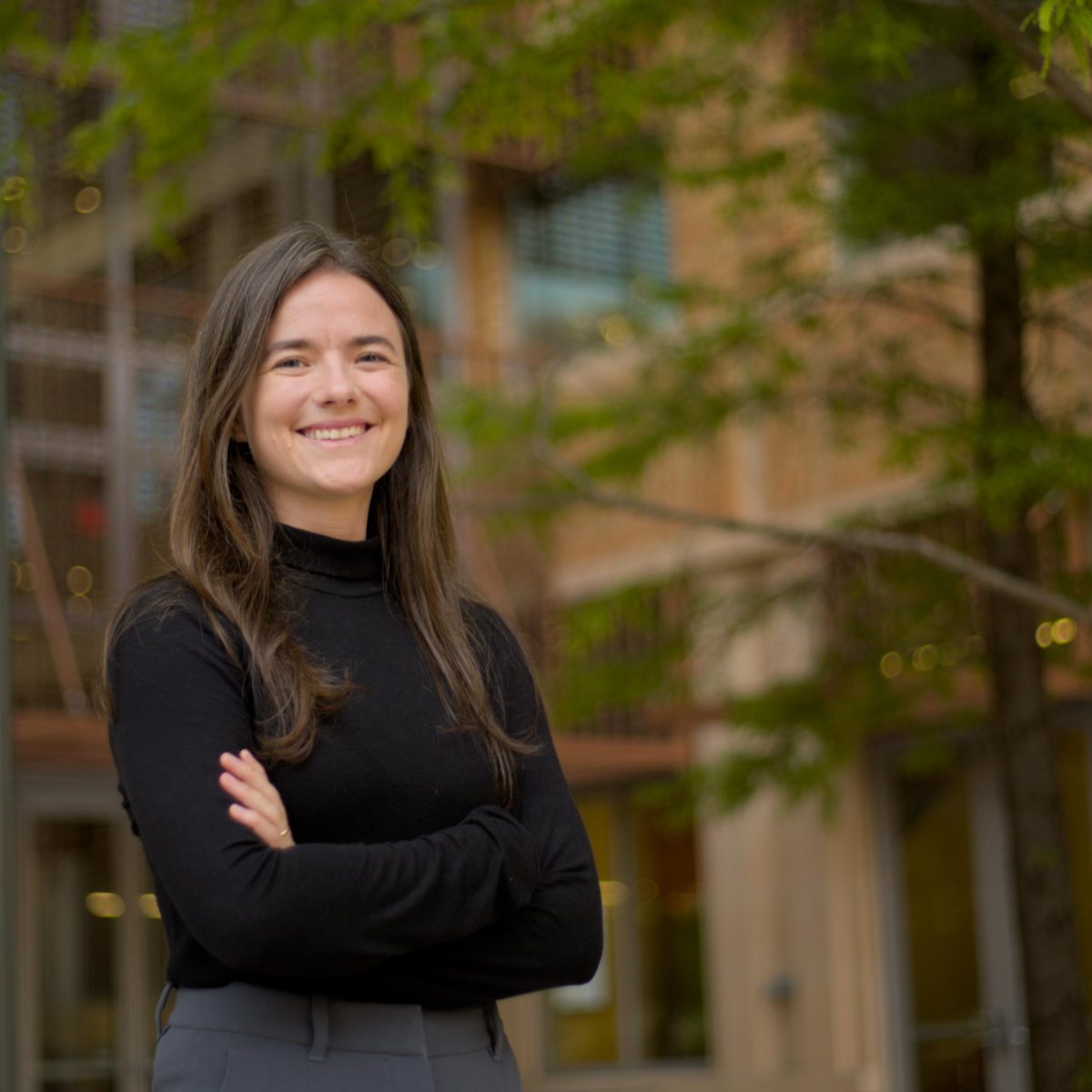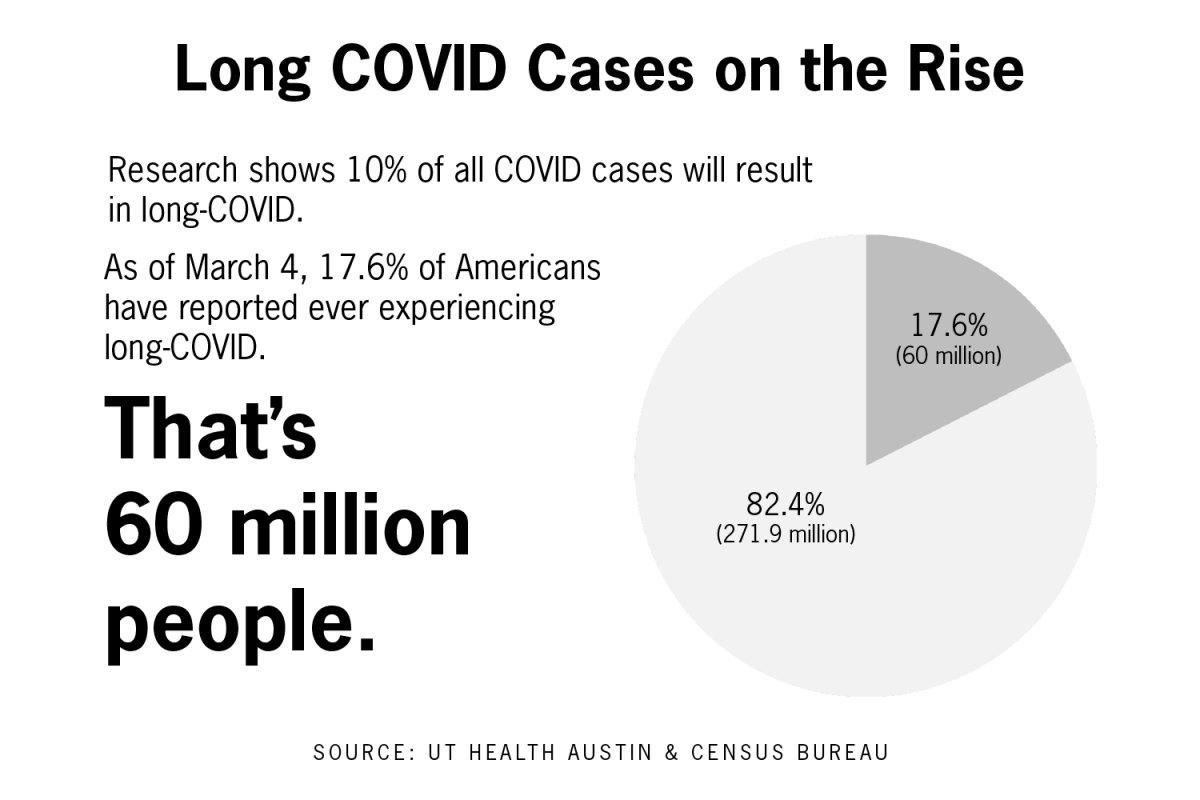The Cancer Prevention and Research Institute of Texas granted Dr. Kiran Shokar and Dr. Michael Pignone $3 million earlier this month to improve statewide access to colorectal cancer screenings and expand resources for medical providers.
The five year grant will help Shokar and Pignone spearhead the Coordinating Center for Colorectal Cancer Screening Across Texas, or CONNECT, which aims to mitigate health disparity and increase the number of Texans screening for the cancer. Colorectal cancer is the second-leading cause of cancer-related death in Texas, according to a report from the Texas Department of State and Health Services. Additionally, Shokar said Texas ranks 48th in the nation for rate of population completing the screenings.
“As I read, I learned that people weren’t really getting tested for (colorectal cancer), people that (the tests) could really help,” Shokar said. “My whole career has really been trying to understand how we get people to do this healthy thing that can prevent cancer and has really good data behind it.”
Regular colorectal cancer screenings, such as a colonoscopy, can often detect cancer early — when treatment is most effective — according to a report from the American Cancer Society. Individuals at average risk for colorectal cancer should begin screening at age 45, the report said.
“There are a number of barriers to access (the screenings),” said Carlton Allen, CPRIT program manager for prevention. “There may not be as many providers that are doing (colonoscopies) in those areas, particularly rural areas … (and) individuals may have to travel great distances to get that colonoscopy done.”
The CONNECT project aims to overcome common barriers by helping clinics in lower-income communities, establishing a central hub of resources and infrastructure and creating a stakeholder network across the state, Shokar said. While the project is only in its early stages, Pignone said pinpointing areas with high rates of disparity is a big priority.
Additionally, Pignone said interventions might vary depending on the needs of specific communities.
“It might be mailing colorectal cancer tests to people who are already patients within systems, expanding the number of places that can do colonoscopy (or) making sure people have access to treatment if they’re diagnosed with colon cancer,” Pignone said.
Shokar said she’d like to see screening improvements in every county by the end of the five year grant. Additionally, she hopes to foster a statewide learning community between medical professionals and patients.
“That’s why it’s called CONNECT,” Shokar said. “The vision behind it is truly to connect to anyone that’s in the pathway for screening, including the people that are receiving screening.”





















